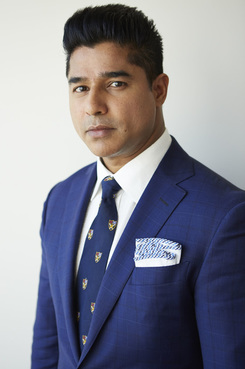When the news came through late last month that Thomas K. Gilhool, the trailblazing Philadelphia civil rights attorney, had died at the age of 81, I was in the middle of reading a biography of the titanic Pittsburgh philanthropist Andrew Carnegie. As I reflected on the life of Gilhool, who began his legal career at Dilworth Paxson as an indefatigable advocate for the disenfranchised, a particular Carnegie maxim came to mind: “The man who dies thus rich dies disgraced.”
Of course, Gilhool was no plutocrat, and coming from a family of coal miners, likely would have found common cause with the ruthlessly exploited workers at the Homestead Steel Works rather than the financiers and fellow industrialists who populated Carnegie’s social universe. And while Carnegie’s admonition against dying rich concerned money and was borne out in the billions of dollars worth of cultural and civic endowments that bear his name, its moral basis applies equally to the kind of wealth that Gilhool had: intelligence, determination, empathy and an abiding compulsion toward service. Gilhool was profoundly gifted, and he knew it would be a travesty not to share those gifts.
 Thomas Gilhool, former chief counsel with Public Interest Law Center.
Thomas Gilhool, former chief counsel with Public Interest Law Center.


 Ajay Raju, executive chairman and CEO of Dilworth Paxson.
Ajay Raju, executive chairman and CEO of Dilworth Paxson.




